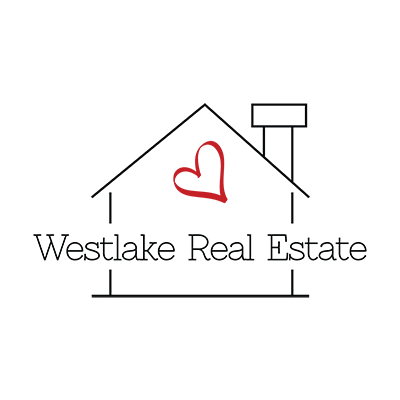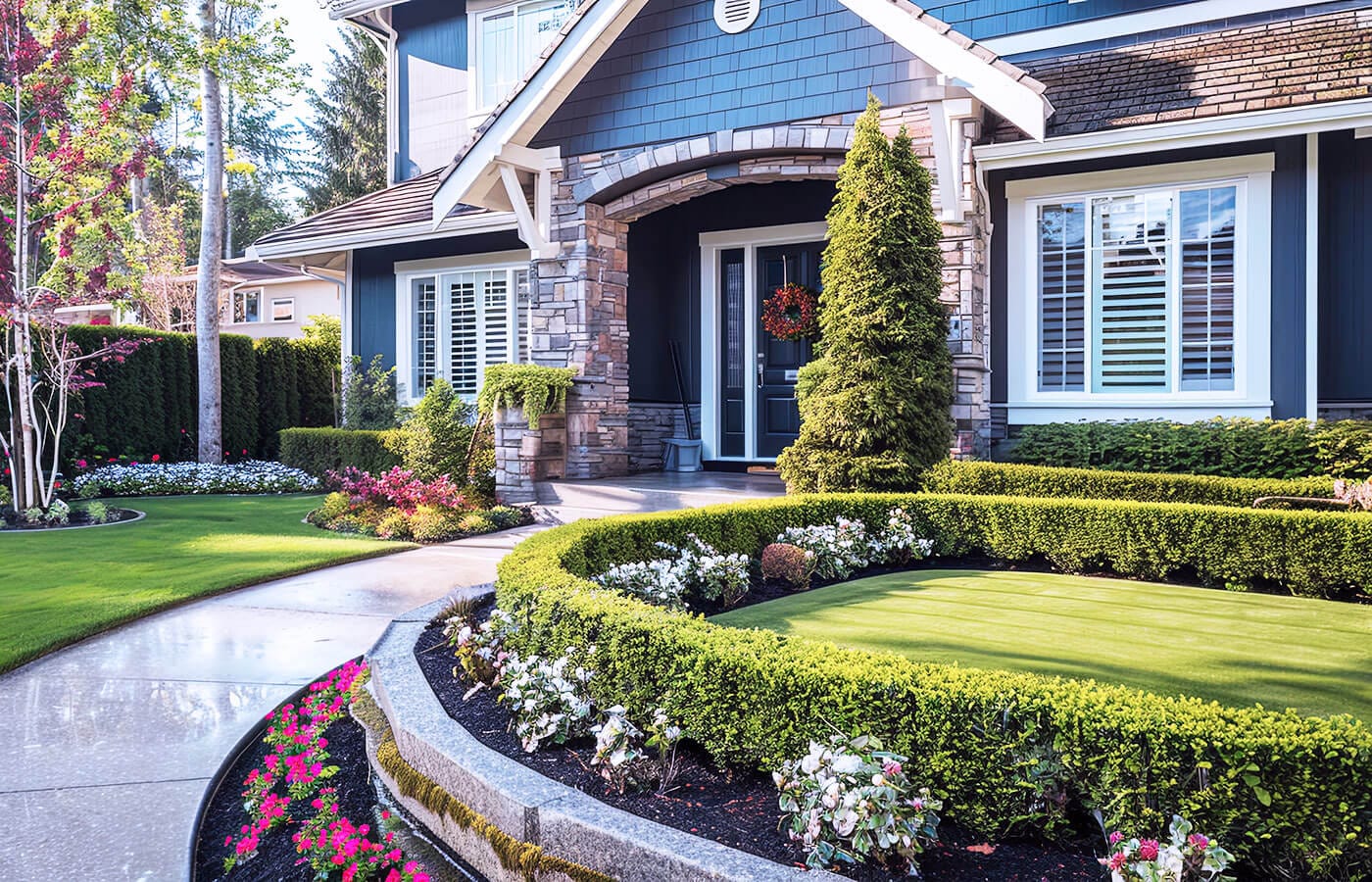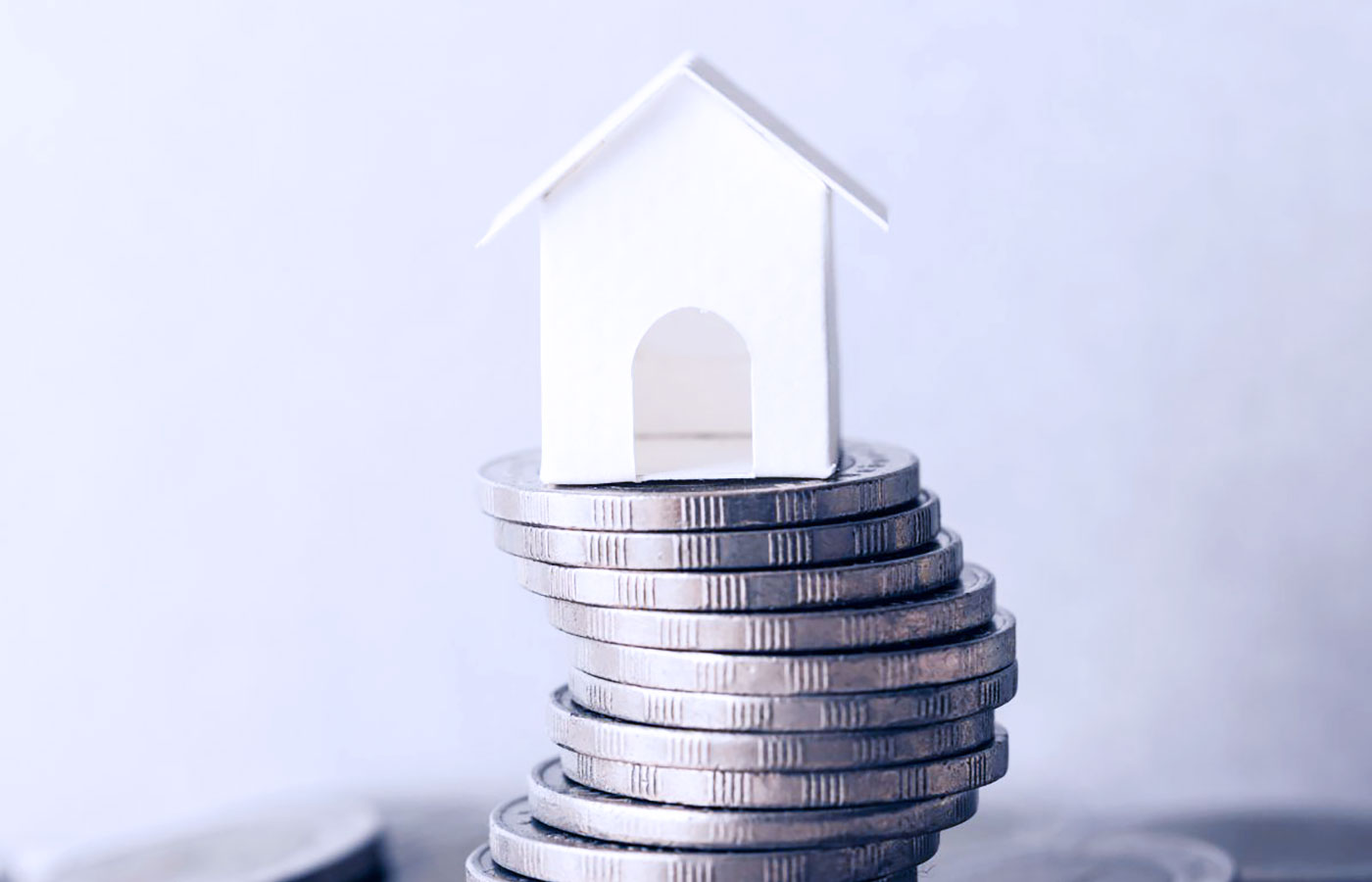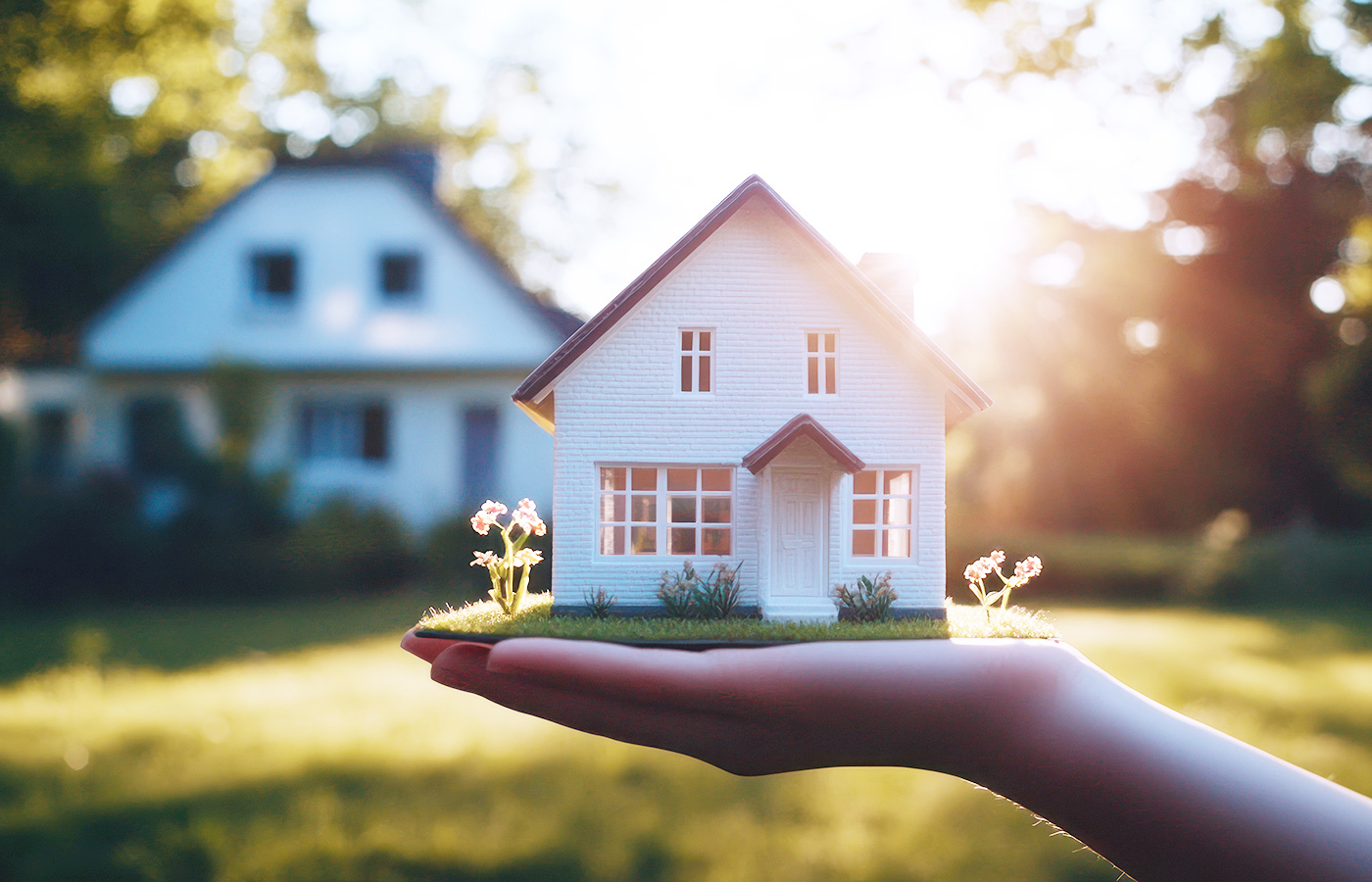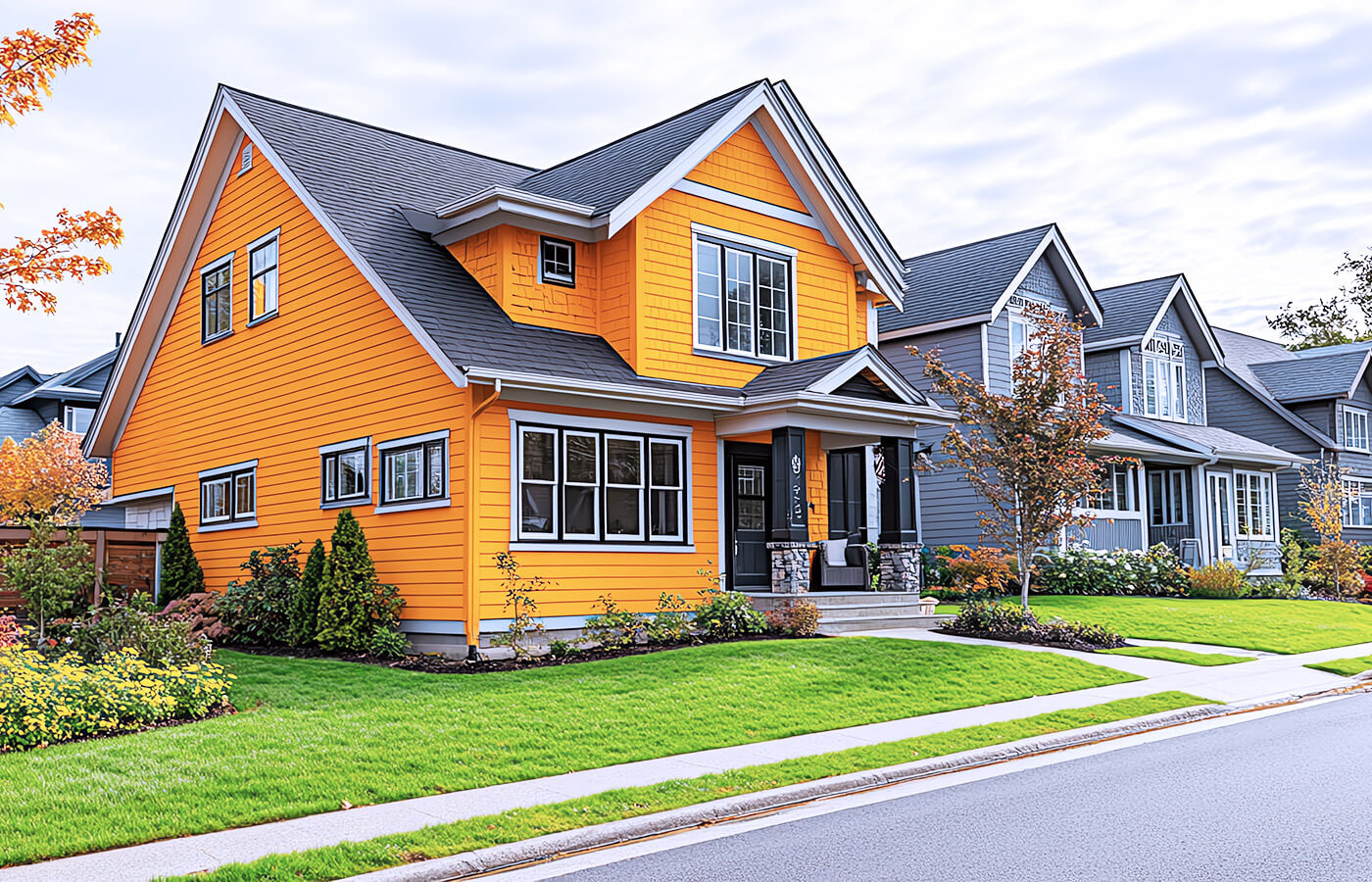Get up-to-date news and real estate reports on buying and selling homes across Collingwood, Meaford, The Blue Mountains, Thornbury, and Wasaga Beach.
Working with a Real Estate Agent in a Competitive Market
Explore the key benefits of working with a real estate agent when the real estate market moves at lightning speed.
Read MoreCurb Appeal Landscaping Tips for Sellers
Investing in curb appeal landscaping before listing your home can yield significant returns, according to real estate studies.
Read MoreTop Real Estate Investment Opportunities 2025
In 2025, real estate offers many investment opportunities, including cash flow, long-term appreciation, and development potential.
Read MoreNew Years Resolution as a Real Estate Goal
Many resolutions emphasize health, finances, and relationships, while others focus on real estate as a goal.
Read MorePros and Cons of Buying a Fixer-Upper
Transforming a property can be exciting, but fixer-uppers can face challenges that require careful planning to avoid pitfalls.
Read MoreMake Your Home Stand Out in a Competitive Market
Find out how to make your house stand out in a competitive market to sell quickly and secure the top asking price.
Read More